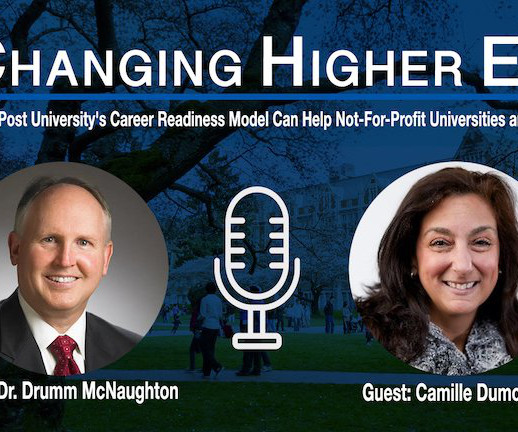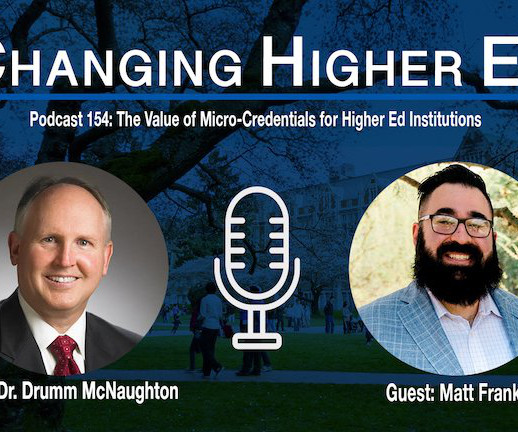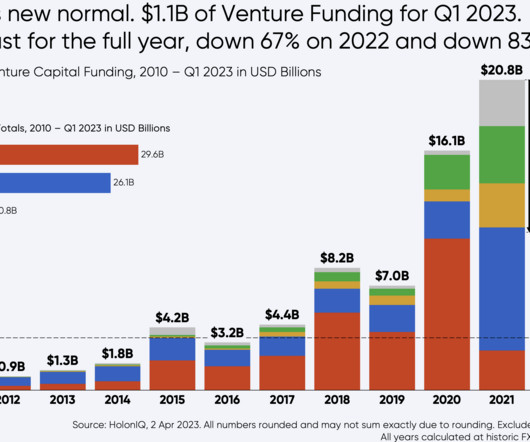Why higher ed needs to get on board with micro-credentials
University Business
FEBRUARY 23, 2023
Schools can motivate a student base lacking purpose by exposing them to opportunities built with direct input from the industries they aspire to join after graduating. The majority worked in finance (14%), followed by healthcare (13%) and manufacturing (12%). They are more of a supplement than a replacement.












Let's personalize your content